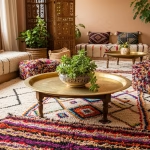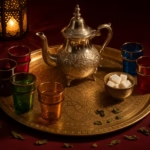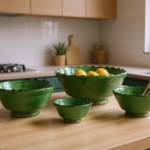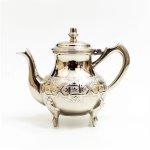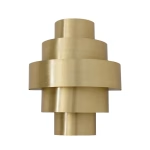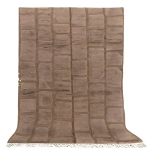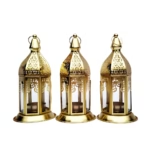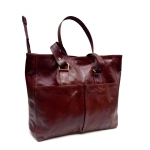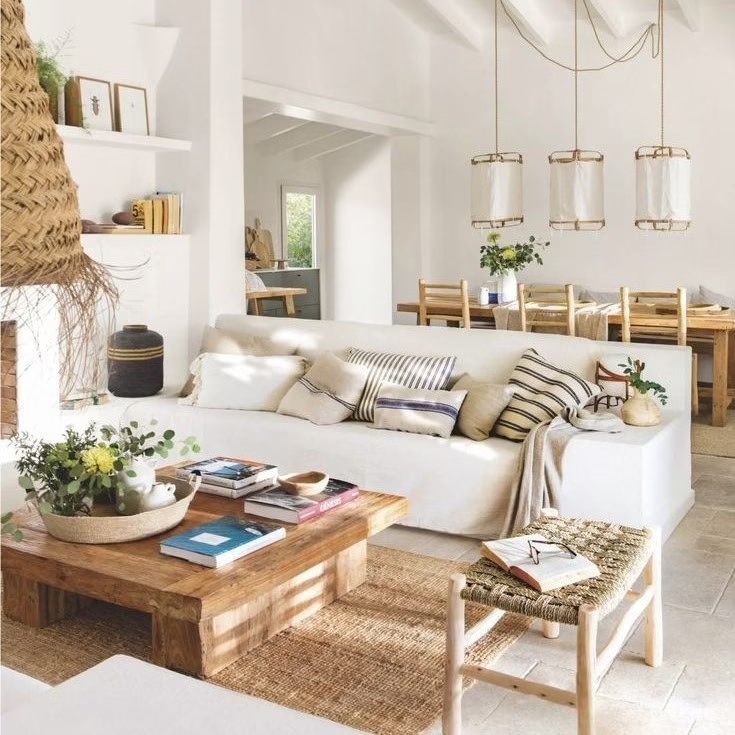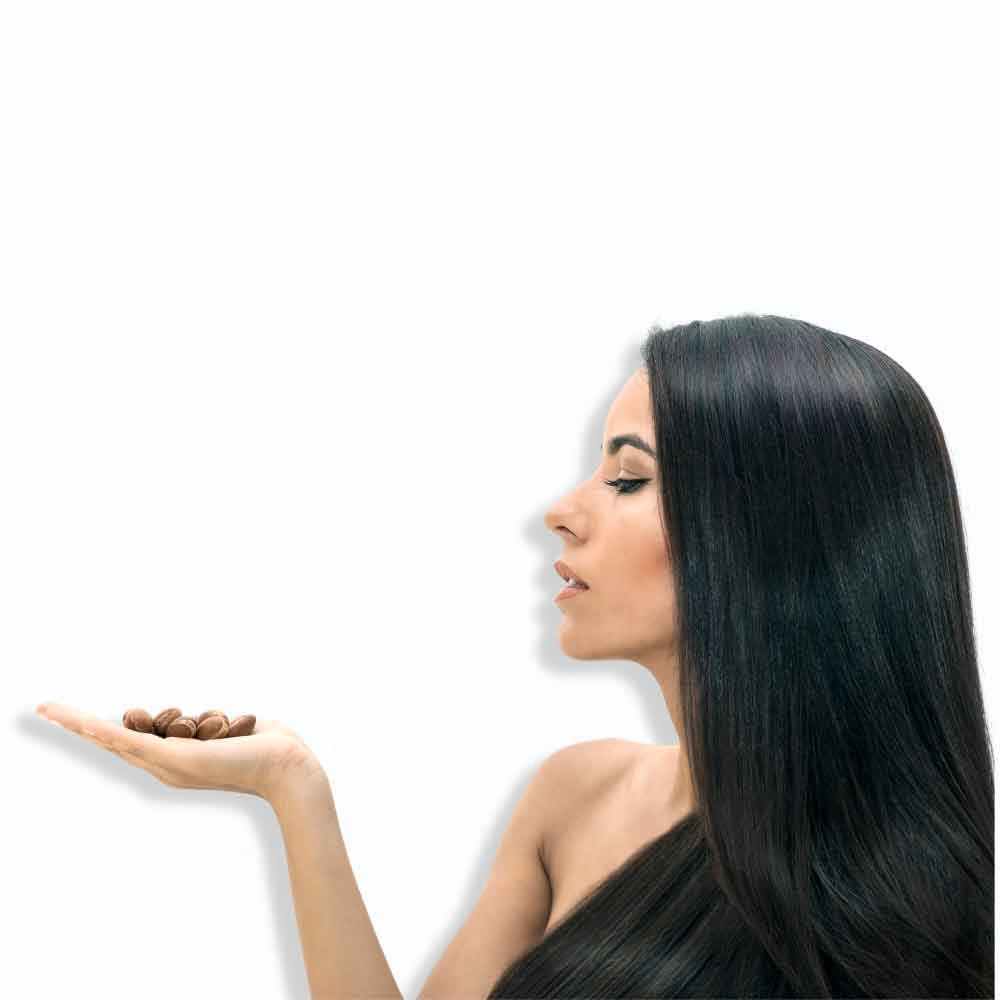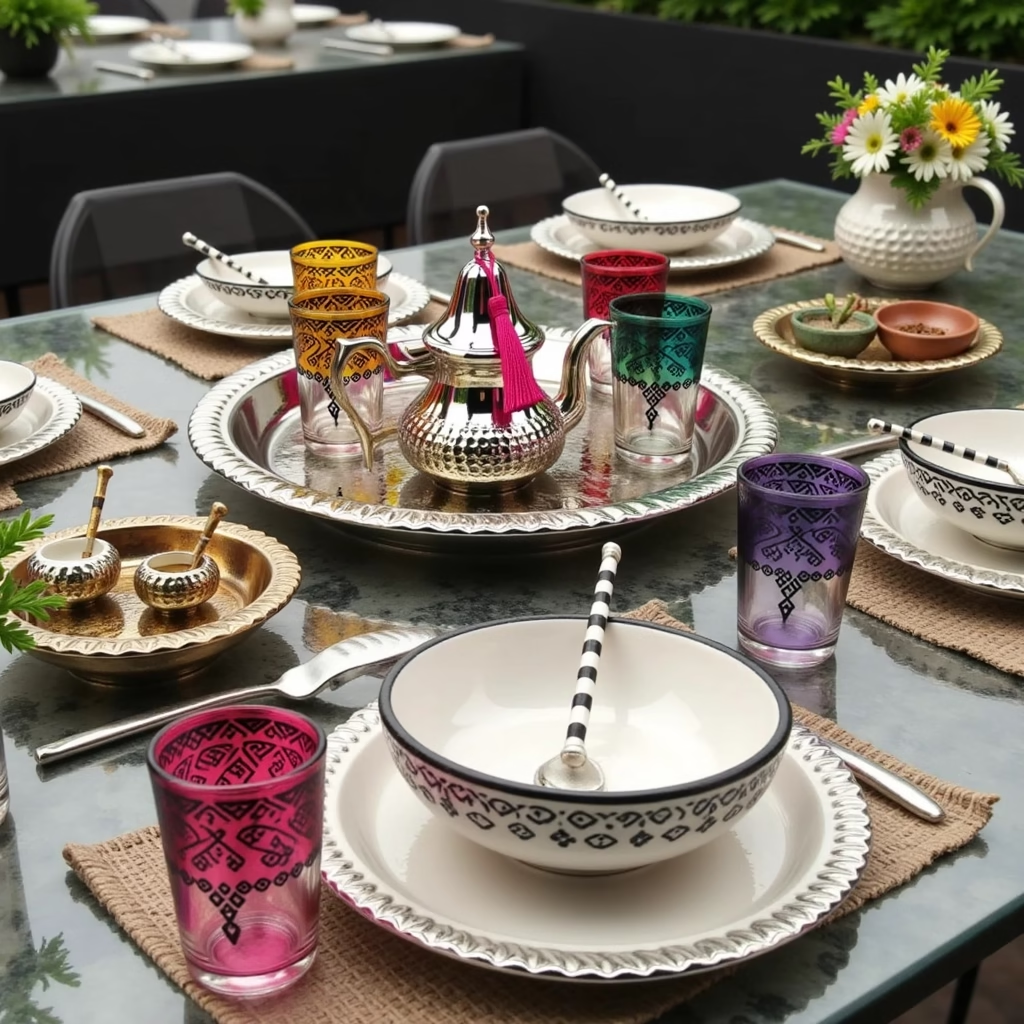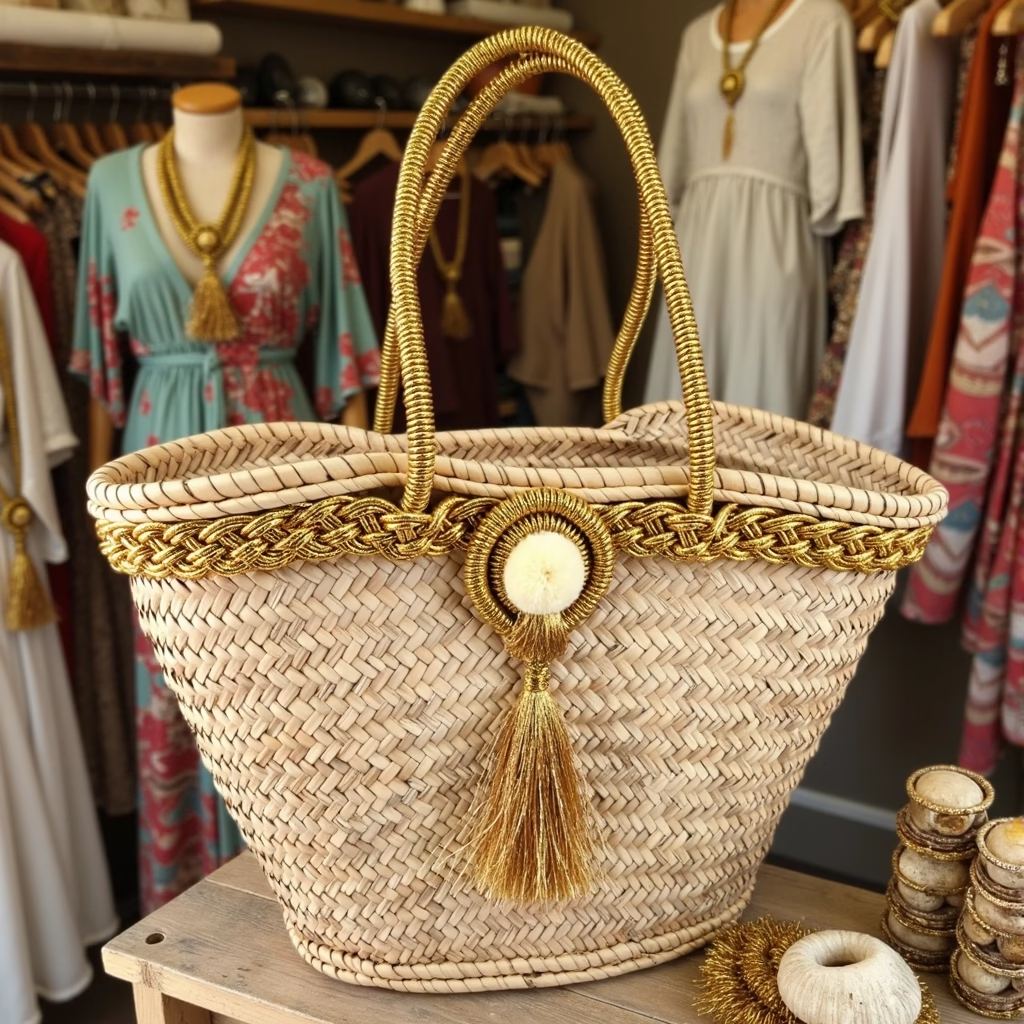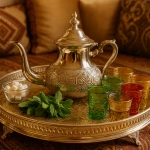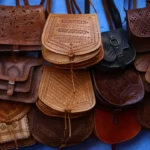
Morocco, a nation known for its vibrant cultures and extensive traditions, is also the location of the intriguing and unusual Boujloud Carnival. This festival, which takes place every year after the solemn religious observance of Eid al-Kebir, offers a distinctive fusion of traditional rituals, masked performances, and lively revelry. This blog post delves deep into the Boujloud Carnival, illuminating its history, significance, and place in modern Moroccan culture.

The Legend of Boujloud: Origins and Significance
The Boujloud Carnival, which has its roots in a myth about divine retribution, is much more than just a celebration. According to legend, a man who disregarded women in a holy place was transformed into the main character of Boujloud, a human-animal hybrid. This mysterious figure, who is neither male nor female and is known to speak only in groans and grunts, frequently makes a dramatic entrance amid a cloud of ash. Other characters, including his slave, young people from the village wearing “Jewish masks,” a man in a donkey costume, and a judge figure representing authority, are after this distinctive persona.
The majority of the participants are young, single adults, but the actor who plays Boujloud must be wed. This crucial component exemplifies the ingrained social control that is fundamental to the ritual. Only Boujloud’s persona interacts directly with women, who turn to him for blessings and healing during the celebration.
Boujloud Carnival: A Platform for Social Commentary
The Boujloud Carnival acts as a unique forum for social commentary, bringing to the fore social norms and traditions that are typically kept under wraps. The festival exposes social, legal, and political contradictions that are pervasive in Moroccan society through satire and symbolic performances. It dismantles barriers and creates a safe environment for conversations that are frequently regarded as taboo.
Women pray to Boujloud in the merry chaos, mocking scenes of simulated sexual assault happen in public, and laughter reverberates through the streets. Blasphemy is played out in jest amid the revelry, and divine pardon is requested. People can let out their frustrations during the festival and enjoy the joy of group camaraderie, providing a cathartic release.
Understanding the Name: Bujlood or Bilmawen
The name Boujloud, which is also spelled Bujlood or Bilmawen, has intriguing etymological origins. The name basically translates to “father or possessor of pelts” and is derived from the Arabic words “abu” (meaning father or possessor) and “jlood” (plural of “jild,” meaning skin, leather, or pelt). The festival is called “bilmaouen” in the local Berber tongue of Tamazight.
The Carnival: A Joy and Laughter Explosion
The day after Eid al-Adha, the Boujloud Carnival explodes into a full-blown spectacle, with young members of the community donning masks and the skins of sacrificed animals from the Eid. They dance, play, and interact with onlookers while carrying the animal limbs in an effort to make people smile and laugh. The goal is to foster a festive atmosphere that stands in stark contrast to the solemn religious observances that came before it.
The Mask and the ‘Other’: Symbols of Rebellion
Putting a mask on the “other” is viewed as a potent symbol of defiance against fate and destiny in the Boujloud Carnival. The Moroccan people’s determination to reject everything as divine decree is exemplified by this. The celebration makes a strong statement in support of the many Moroccan women who think their stories are important and should be heard.
Conclusion
The Boujloud Carnival serves as evidence of Morocco’s extensive cultural legacy. A unique synthesis of tradition and rebellion, it is a time of joyful anarchy when the voiceless are given a voice and the invisible are made visible. The contradictions, complexities, and resilient spirit of Moroccan society are reflected in this carnival, which acts as a mirror of that society. Morocco continues to question social norms and promote conversation and discourse in the most festive way possible through the celebration.
